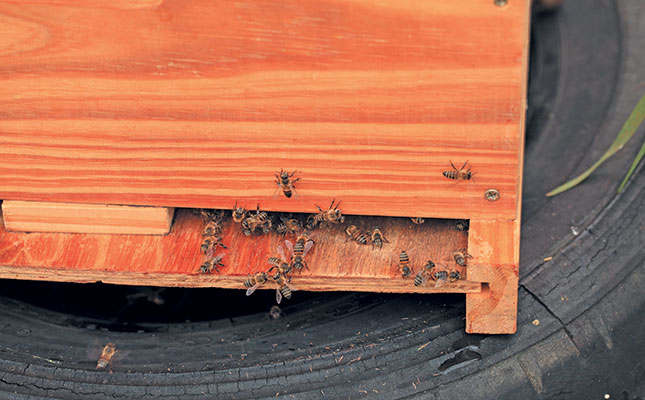
This was according to Dr Gerhard Verdoorn, CropLife SA’s operations and stewardship manager.
He said the use of pesticides was controlled by the Fertilizers, Farm Feeds, Agricultural Remedies and Stock Remedies Act, 1947 (Act No. 36 of 1947).
“Registration holders must do extensive research and trials must be conducted to prove efficacy and compatibility with the natural and human environments. Bee safety is an important matter in the process. Labels on pesticide products are drafted with bee safety in mind, with specific warnings on many labels to protect bees against undue exposure to pesticides,” Verdoorn explained.
Therefore, anyone who accidentally or deliberately killed bees using a pesticide was contravening the act. “Simply put, it is unlawful to deviate from the label requirements of a pesticide. Persons not following pesticide instructions as set out on the labels are in breach of the law,” Verdoorn said.
During the first quarter of 2018, an organophosphate insecticide was applied to canola crops in full bloom in the vicinity of Ceres, Western Cape, were in contravention of label instructions.
This resulted in hundreds of commercial bee colonies perishing. The same beekeepers lost their second round of pollinators last month to a phenylpyrazole insecticide that was used in contravention of label instructions as well. This was reportedly used to control ants in vineyards.
According to Verdoorn, CropLife South Africa also had to deal with bee mortality in and around macadamia orchards in Mpumalanga every year, mostly as a result of a neonicotinoid insecticide being applied to the orchards, that was extremely toxic to bees.
“Honeybees are the world’s best-known pollinators of natural flora and a vast array of food and fibre crops. It would be assumed that the hard-working honeybee would be a most revered and respected creature, yet bees are constantly harmed by human activities and often deliberately killed when they colonise vacant spaces in urban areas and on farms,” Verdoorn explained.










